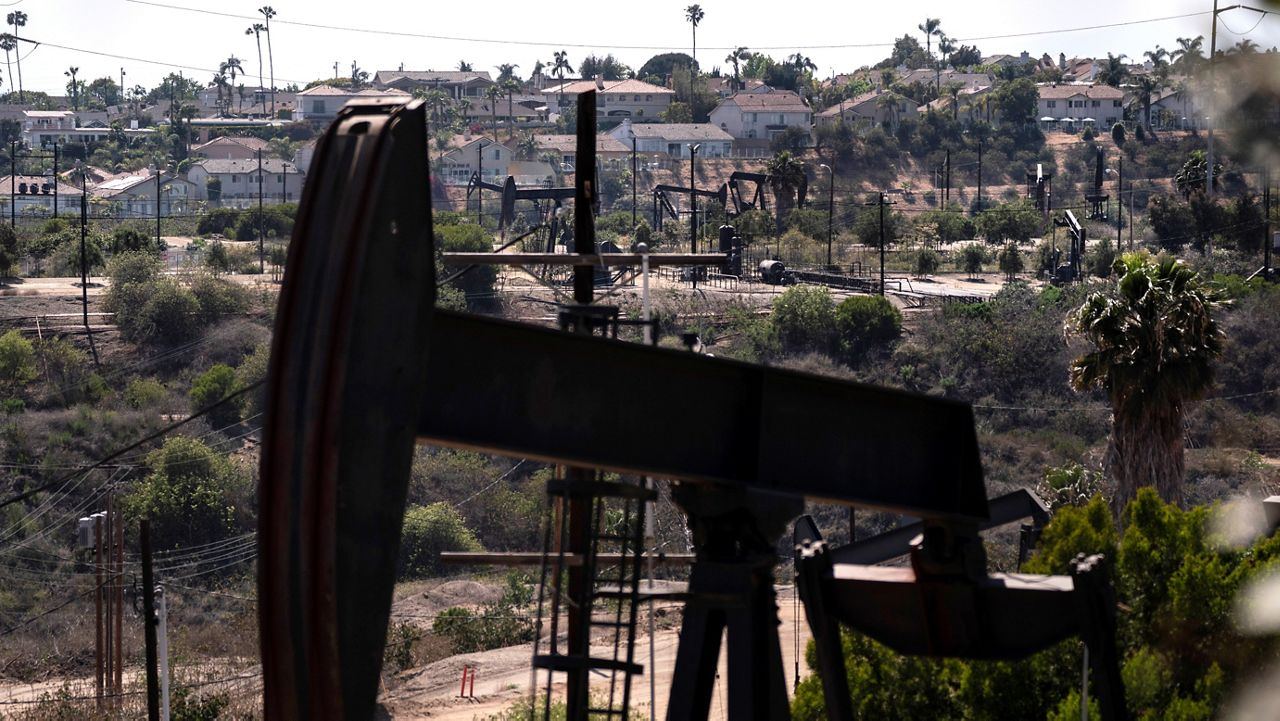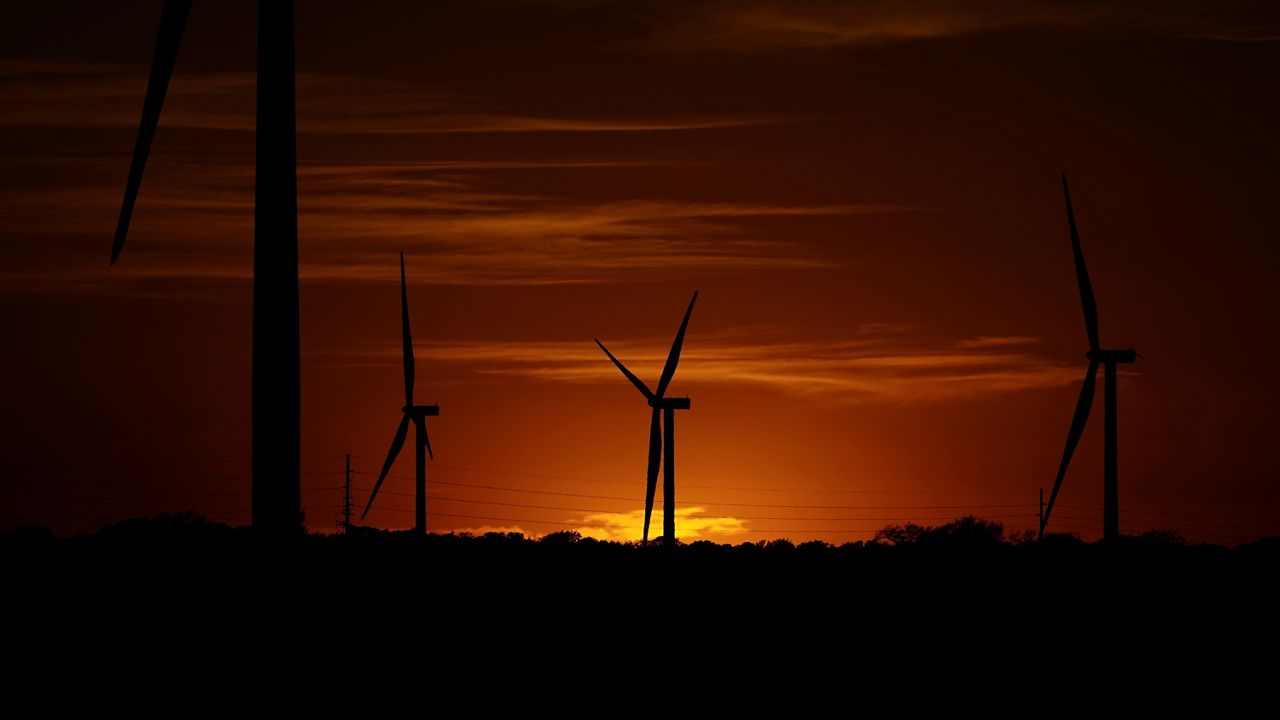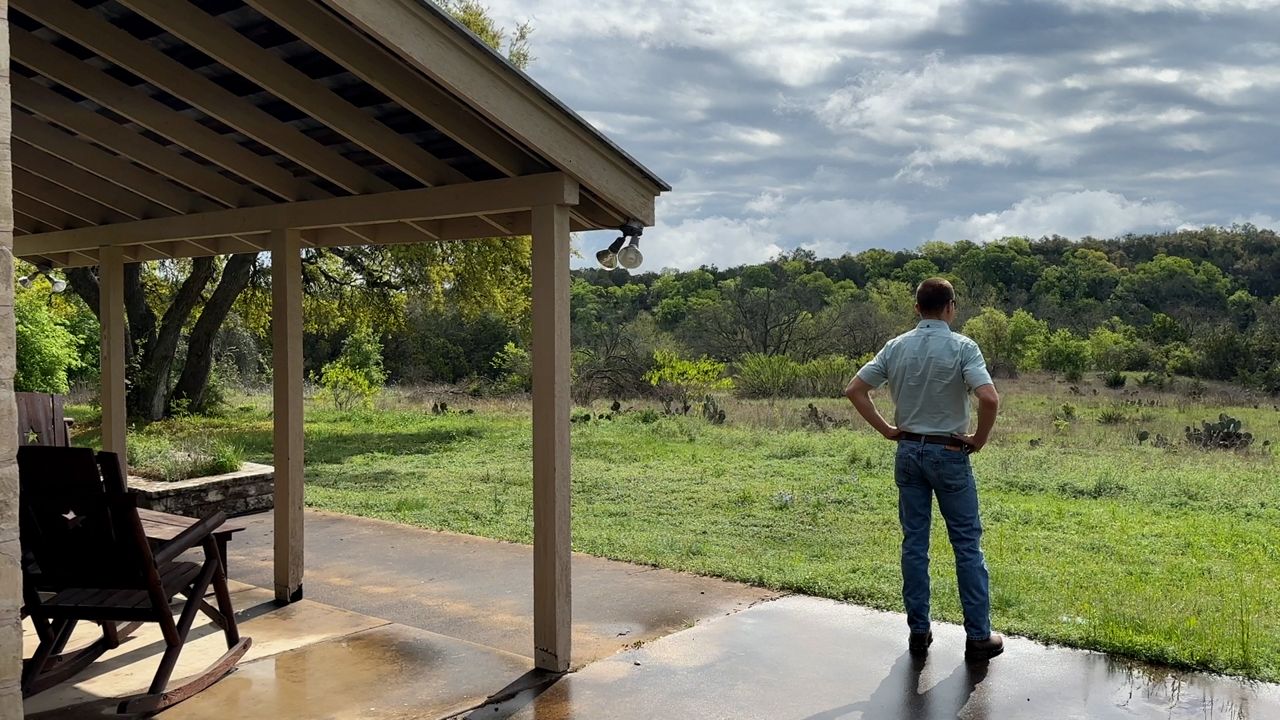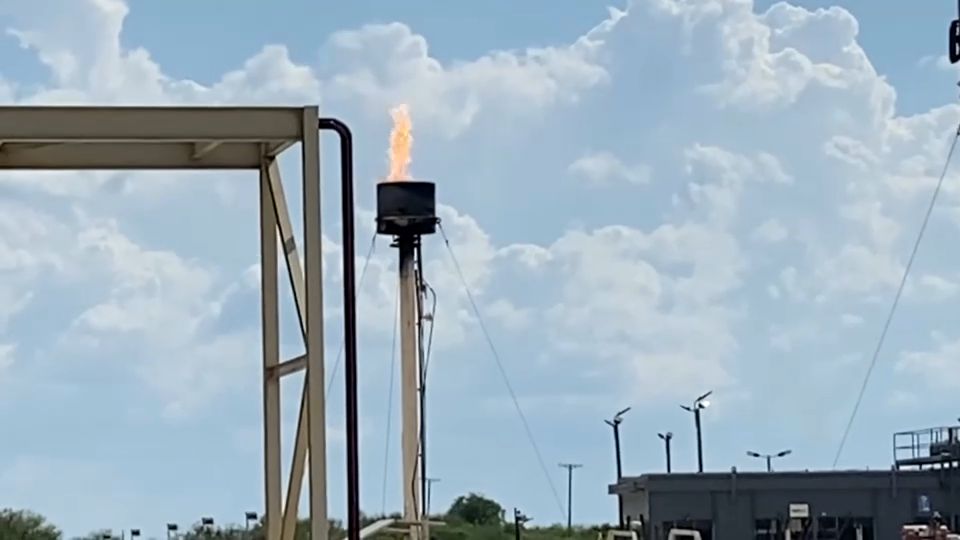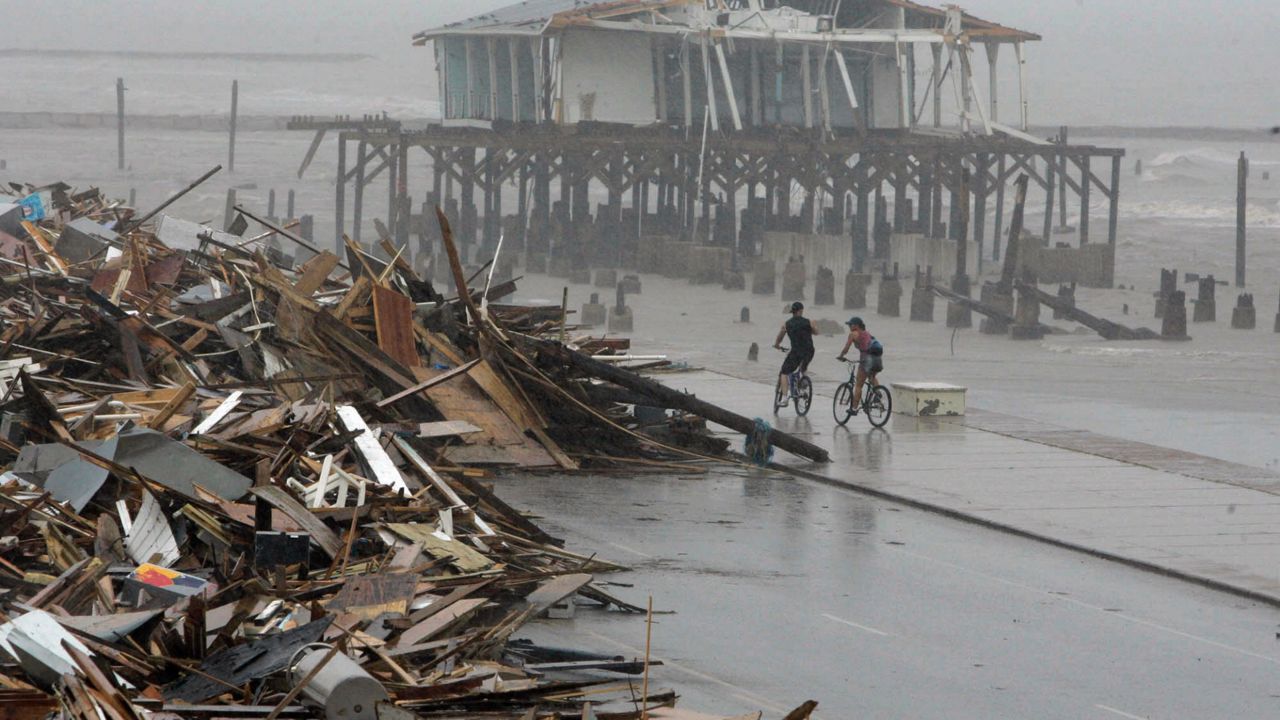EL PASO, Texas — The world needs to cut more than half its production of coal, oil and gas in the coming decade to maintain a chance of keeping climate change from reaching dangerous levels, according to a U.N.-backed study released last month.
The report published by the U.N. Environment Program found that while governments have made ambitious pledges to curb greenhouse gas emissions, they are still planning to extract double the amount of fossil fuels in 2030 than what would be consistent with the 2015 Paris Climate Accord’s goal of keeping the global temperature rise below 1.5 degrees Celsius (2.7 degrees Fahrenheit).
Even the less ambitious goal of capping global warming at 2 degrees C (3.6 degrees Fahrenheit) by the end of the century compared to pre-industrial times would be overshot, the report said. Climate experts say the world must stop adding to the total amount of greenhouse gas in the atmosphere by 2050, and that can only be done by drastically reducing the burning of fossil fuels as soon as possible, among other measures.
The report, which was released days before a U.N. climate summit began Oct. 31 in Glasgow, found most major oil and gas producers — and even some major coal producers — are planning on increasing production until 2030 or even beyond.
It also concluded that the group of 20 major industrialized and emerging economies have invested more into new fossil fuel projects than into clean energy since the start of 2020.
The disparity between climate goals and fossil fuel extraction plans — termed the “production gap” — will widen until at least 2040, the report found.
Nowhere is that gap wider than in Texas, where oil production in the Permian Basin is expected to grow 50% over the next decade alone.
A report by Oil Change International, Earthworks and the Center for International Environmental Law highlights the stark contradiction between the Biden administration’s climate goals and the expected trajectory of oil and gas production in the Permian Basin.
The report, The Permian Basin Climate Bomb, additionally reveals that burning the oil and gas projected to be produced in the Permian Basin by 2050 will release nearly 40 billion tons of CO2, almost 10% of the remaining global carbon budget for staying under 1.5 degrees C. 80% of these emissions, over 30.6 billion tons of CO2, would come from burning the liquids and gas produced from new wells that were not in production at the end of 2020.
Even the International Energy Agency, a longtime proponent of fossil fuels, has stated that oil and gas production must decline this decade, and investment in new production must end this year.
“The Permian Basin has, for the past decade, been the site of an oil and gas boom of unprecedented scale,” said Lorne Stockman, Research Co-Director, Oil Change International. “Producers have free rein to pollute, and methane is routinely released in vast quantities. Oil exports fuel Permian production growth and today they constitute around 30% of U.S. oil production. While climate science tells us that we must consume 40% less oil in 2030, Permian producers plan to grow production more than 50%. This must not happen. Gulf Coast communities can no longer bear the brunt of this toxic trade or its climate impacts. Building back better means building back fossil free—starting with the Permian Basin.”
The six-part Permian Climate Bomb series analyzes the climate, public health, economic and social impacts of the Permian fracking boom. It follows the flow of Permian hydrocarbons from extraction to export, illustrating the community consequences of the associated infrastructure buildout by spotlighting individuals confronting the fossil fuel industry. In doing so, this series links the Permian Basin to environmental injustice and petrochemical expansion on the Gulf Coast.
“Unless President Biden defuses the Permian climate bomb exploding in my backyard, we won’t prevent catastrophic climate change or meet our national climate commitments,” said Miguel Escoto, Earthworks West Texas Field Advocate and El Paso resident. “A ‘code red’ demands emergency action, not business as usual. The President can show he’s serious about climate by declaring a climate emergency, reinstating the crude export ban, enacting the toughest possible rules to cut oil and gas methane pollution and laying the political groundwork to end new oil and gas production.”
A recent study showed, at the current rate of warming and with policies that fail to address needed cuts in pollution, climate events like heat waves will happen more often, be stronger, and last longer — posing a serious risk to younger generations. Other climate events like flooding and wildfires are more likely to happen, as well.
“Gas from the Permian fuels the industrial beast of pollution in the Gulf coast, especially in Port Arthur, Texas, my home,” said John Beard, Port Arthur Community Action Network. “The facilities using this gas include the largest refinery in the country; the world’s largest steam cracker and the explosive expansions in refining, LNG, pipelines and export facilities.
“This ‘boom’ has contributed to environmental degradation, significant loss of quality of life, nonattainment air quality, water-borne pollution and diminished health for my fenceline community,” he continued. “Fracked Permian gas contributes to our significantly higher risk of cancer, heart, lung and kidney disease. And then, the storms; five major hurricanes in the last 25 years.
“Catastrophic flooding and unseasonal weather events, all compounded by the greenhouse gases of the Permian,” Beard said. “Port Arthur, and the entire Gulf Coast, has become a sacrifice zone so America can feed its thirst for toxic fossil fuels. We can no longer afford to be the unwitting victim of this exploitation from the use of fracked Permian gas; it needs to end, now and utilize clean, green renewable sources of energy in its stead.”






